The Sadd Brown Library
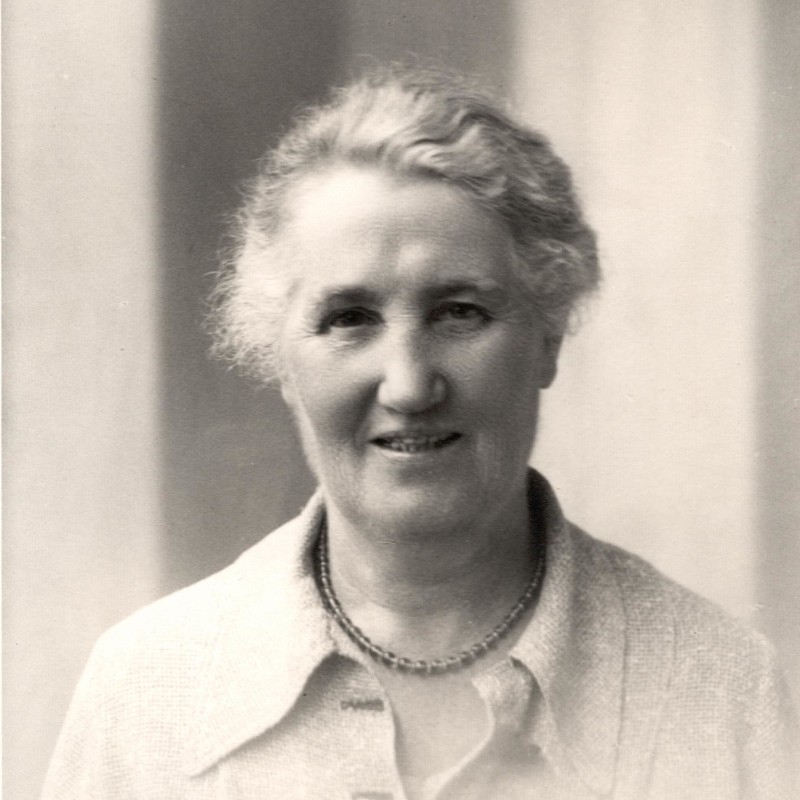
Myra Sadd Brown in 1937
Many of the books that we hold in The Women’s Library, which relate to South Asia, are part of the Myra Sadd Brown Memorial Library. This library was founded in 1938 in memory of Myra, who was a member and treasurer of the British Commonwealth League, and it was managed by the Women’s Service Library, predecessor of The Women’s Library.
Myra Sadd Brown was an activist and internationalist. She was involved in the women’s suffrage campaign, taking part in the window-smashing campaign of 1912. Arrested and imprisoned, she went on hunger-strike and was force-fed. We hold her prison letters to her husband and children and other items relating to her — search 'Myra Sadd Brown' in the archives catalogue to find them.
After the First World War, Myra became an active member of the International Woman Suffrage Alliance (now the International Alliance of Women) and, in 1925, she co-founded the British Commonwealth League (now Commonwealth Countries League), an organisation devoted to upholding women’s rights in Commonwealth countries. Each year members from the Commonwealth gave speeches at the annual conference.
Read some of the reports on LSE Digital Library.
In 1937, Myra travelled to south-east Asia for the birth of her second grandchild. Before returning home, she travelled to Angkor Wat and Malaya, but suffered a stroke and died in Kowloon Hospital in Hong Kong in April 1938.
Myra’s daughter, Myra Stedman, fought hard to keep the Sadd Brown Library going and growing. This is continued today by her granddaughter. In the 1990s the Sadd Brown Library was integrated into the main print collection of The Women’s Library on the proviso that the books would still have a bookplate and a red sticker.
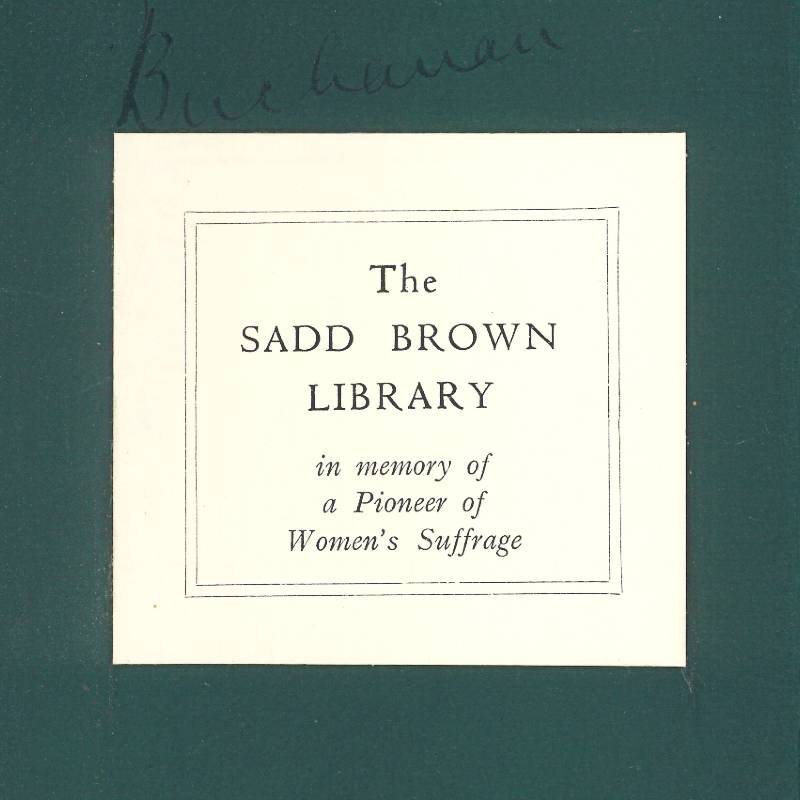
This spreadsheet lists books and pamphlets in the Women’s Library that relate to South Asia. You can find them on the Library catalogue. They are for reference use only.
What follows are some highlights from the print collection of the Women’s Library on the theme of women and South Asia.
All Pakistan Women’s Association newsletters
Begum Ra’ana Liaquat Ali Khan, the wife of Pakistan’s first prime minister, founded the All Pakistan Women’s Association (APWA) in 1949 following the difficult days when women of all classes worked together in the refugee camps after partition.
We hold an incomplete series of newsletters dating from 1961 to 1968. The newsletters bear witness to the APWA’s social welfare work – this issue from 1963 shows women learning a trade to earn money and patients being examined at the APWA Maternity Home in Golimar in Karachi.
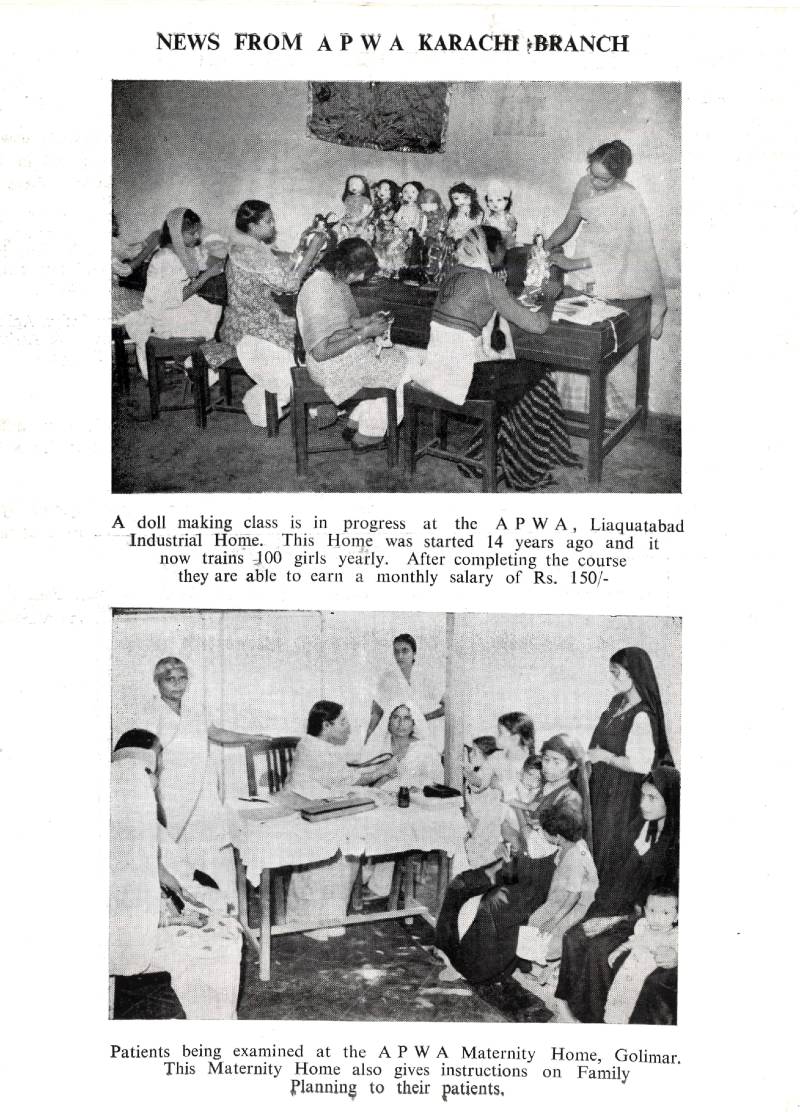 This page gives an update on the work of the APAW’s Legal Advisory Service in 1964.
This page gives an update on the work of the APAW’s Legal Advisory Service in 1964.
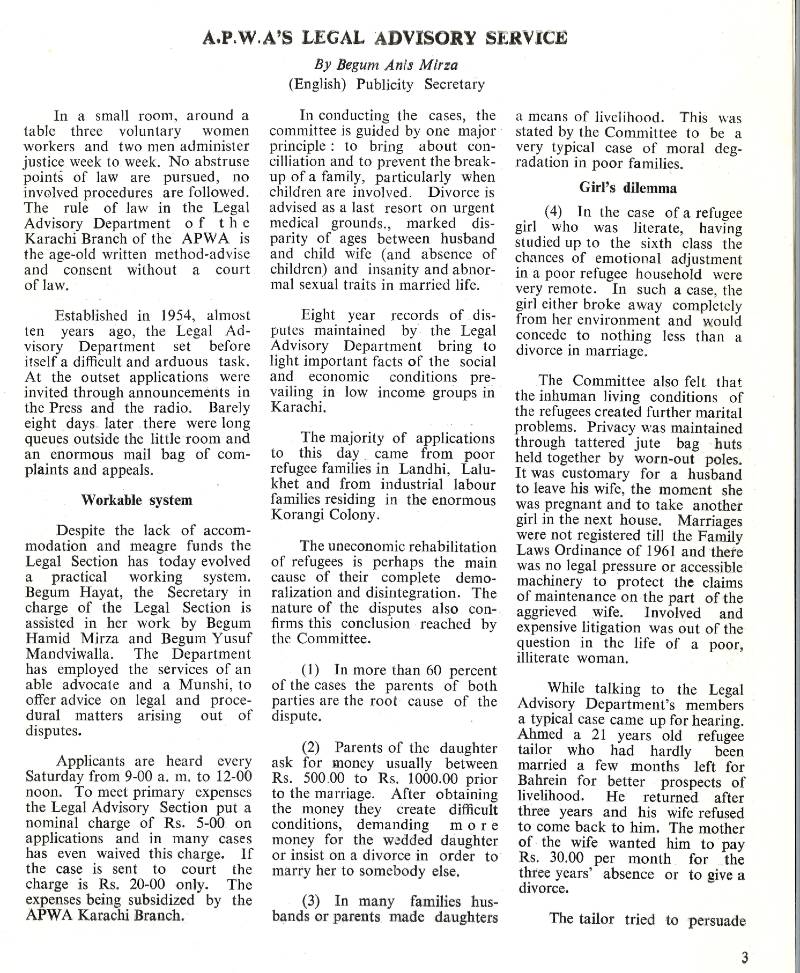
She Magazine
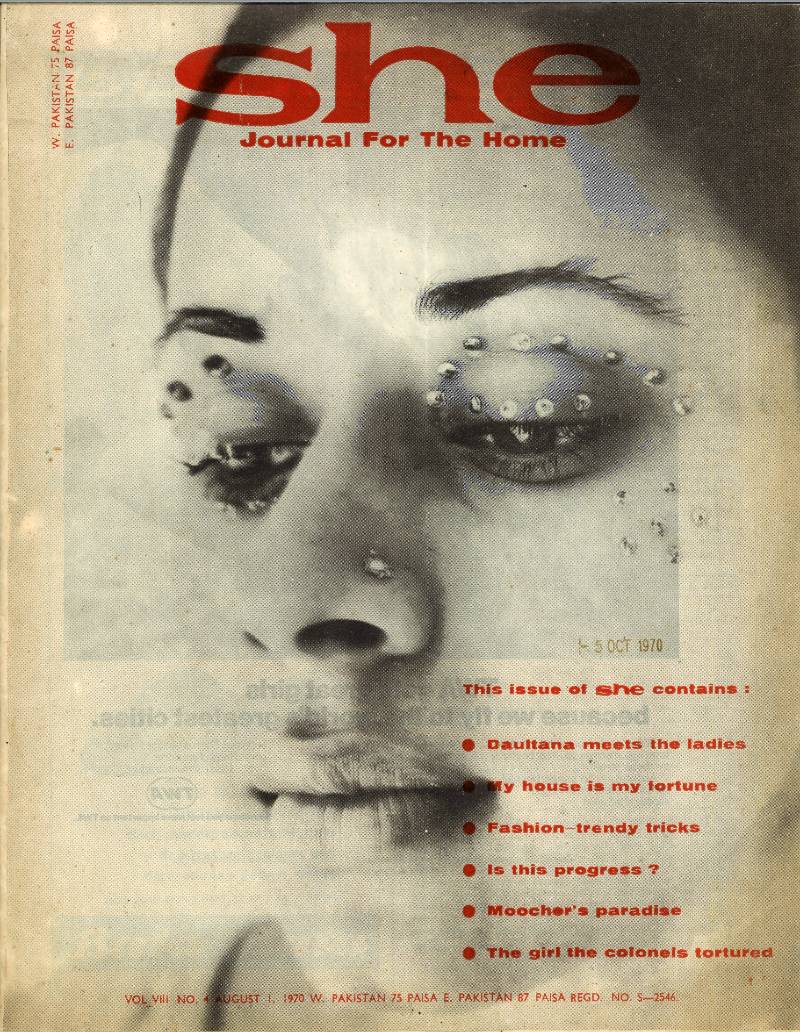
Zuhra Karim founded She magazine in 1963 to provide a platform for women’s voices and a place for women journalists to work in Pakistan. We hold a short, incomplete run of She from 1970 to 1973. Despite this, these issues demonstrate how the magazine challenged stereotypes and suggested an alternative image for Pakistani women through its progressive articles.
Zuhra graduated from LSE with an Economics degree in 1953. She then worked at the Food and Agriculture Organisation in Rome before settling in Pakistan in 1957. You can see her image at the top of the editorial to She May 1972. She used the surname of her first husband, Omer Kureishi, a famous cricket commentator. Find out more about Zuhra in this blog Zuhra Karim: a pioneer of women's journalism in Pakistan.
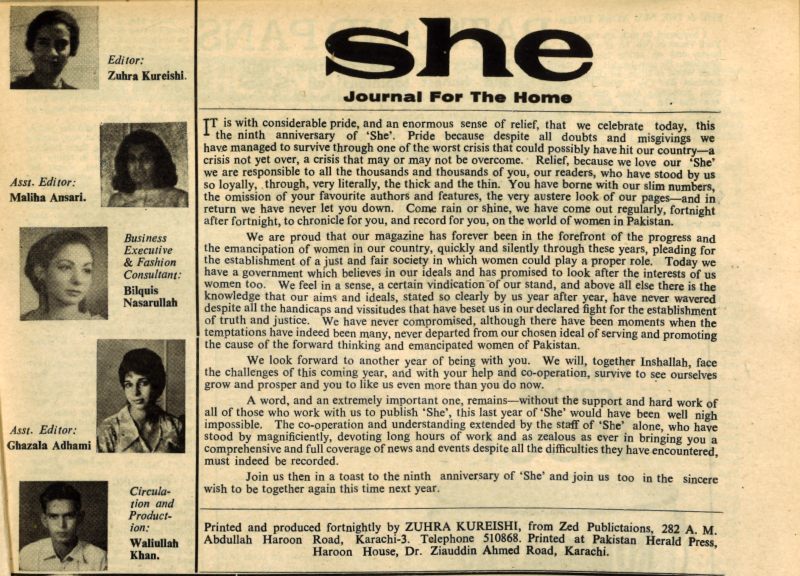
An example of one of the books in the Sadd Brown Library is Women Workers in the Unorganised Sector by Nirmala Banerjee
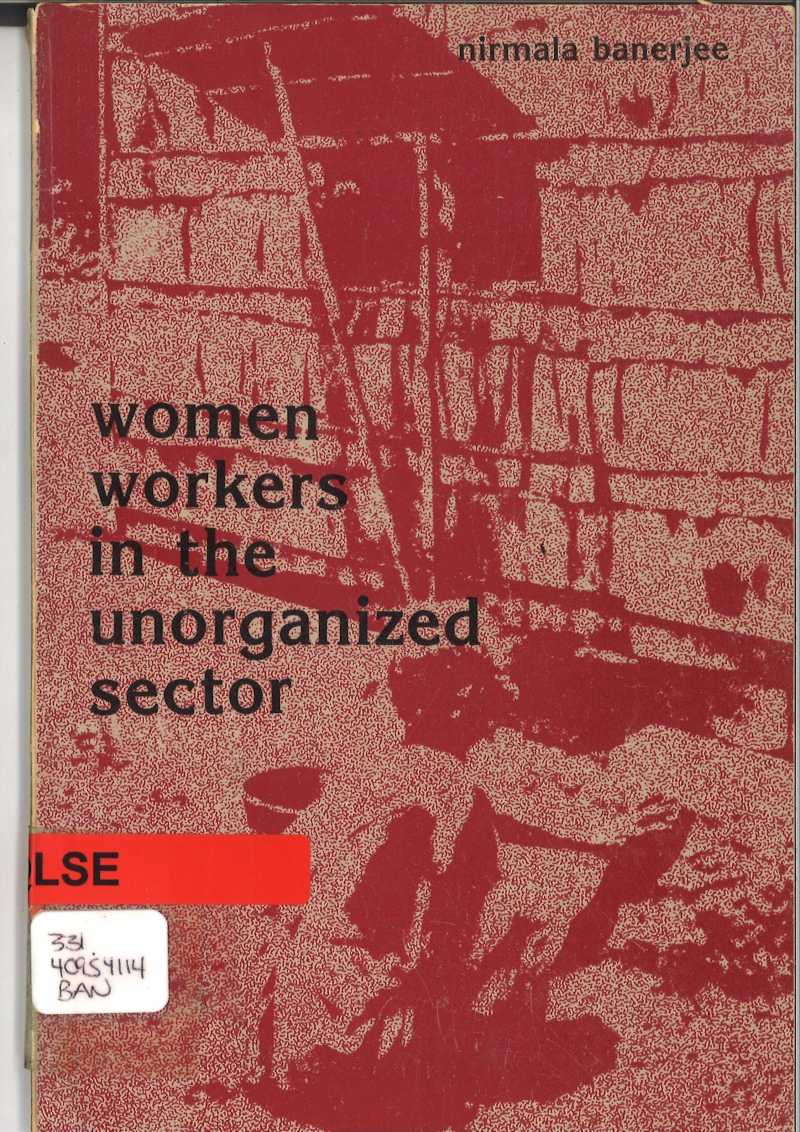
Nirmala Banerjee obtained her Masters degree in Economics from LSE in 1963. This book draws on a survey of 400 women workers in Calcutta with a focus on low wages, poor working conditions and lack of institutional support for workers in the unorganised labour market.